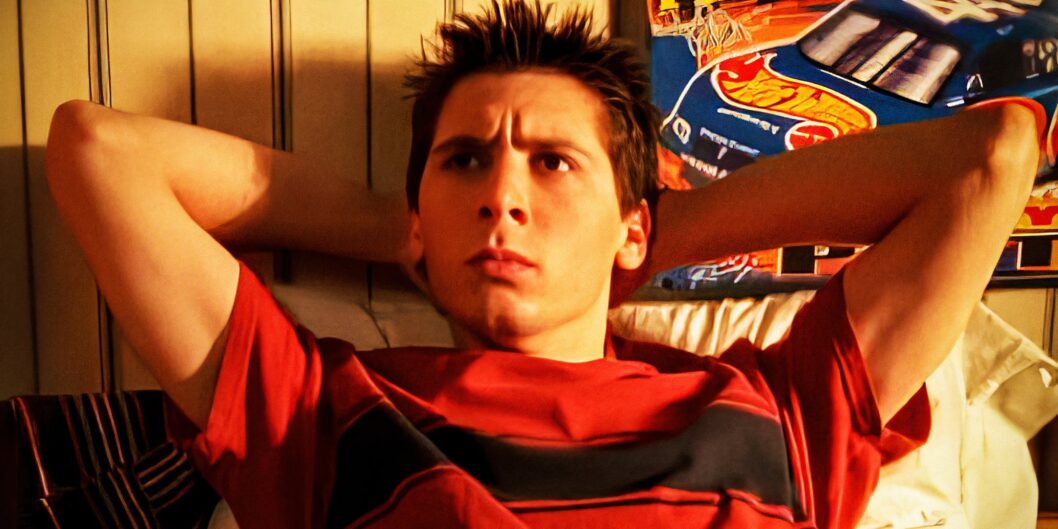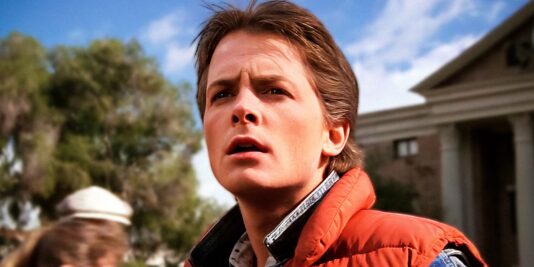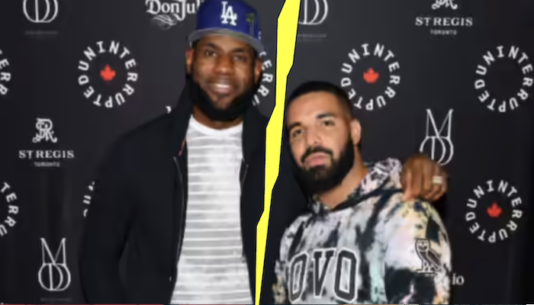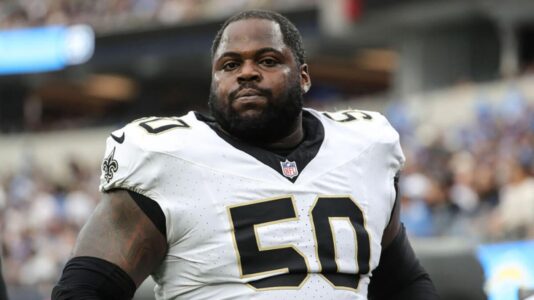Disney Brings Back "Malcolm in the Middle" for a Revival: What Fans Can Expect
Disney’s upcoming reboot of Malcolm in the Middle has generated excitement among fans of the original show, which aired on Fox for seven seasons, yielding 151 episodes. This revival will consist of just four episodes, making it roughly the length of a feature film. Notably, original cast members Bryan Cranston and Frankie Muniz will reprise their roles, alongside other familiar faces such as Justin Berfield, Christopher Masterson, and Jane Kaczmarek. However, the return of Erik Per Sullivan, who portrayed Dewey, is not on the cards, marking a poignant absence from the lineup.
Celebrating a Sitcom Legacy
Malcolm in the Middle remains one of the most celebrated sitcoms of the 2000s, winning seven Emmy Awards, including honors for Outstanding Directing and Writing. The beloved actress Cloris Leachman, who won two Emmys for her role as Grandma Ida, will not return following her passing in January 2021 at the age of 94. Original creator and showrunner Linwood Boomer is back to write the four-episode series. Although there is no set release date, the revival is expected to premiere later this year.
A Longstanding Mystery: The Family’s Last Name
One of the most intriguing aspects of the original Malcolm in the Middle was a long-running gag regarding the family’s last name, which was never disclosed. Fans speculated that their last name might be Wilkerson, a conclusion drawn from various clues throughout the series, but the show officially kept this detail ambiguous. The upcoming revival could finally resolve this mystery.
A deleted scene from the first season, included in the original DVD set, hinted that the family’s last name was indeed Wilkerson. Additionally, early drafts of the pilot script referred to characters as "Malcolm Wilkerson" and "Hal Wilkerson." Nevertheless, the creators never definitively confirmed this surname during the show’s run.
Behind the Decision to Keep It a Secret
The decision to keep the family’s last name elusive wasn’t a random choice. According to Linwood Boomer, the show’s creator, there was an intention to avoid emphasizing ethnic labels on the characters. He explained in a 2003 interview that this ambiguity was meant to make the family relatable to a broader audience. Boomer’s original materials noted Wilkerson as the last name, but the decision to not include it was rooted in a desire for ethnic neutrality.
As Boomer stated, the show was designed to focus more on family dynamics rather than ethnic identity. This choice can be viewed as both a creative decision and a cultural commentary, as it allowed viewers to interpret the characters in a more universal light.
Potential Impacts and Audience Reactions
The revival offers a significant opportunity for the creators to address the mystery around the family name, perhaps even incorporating it into the plot of the new episodes. Some fans hope that the series can finally close the book on this joke, while others would appreciate if it continues as part of its quirky charm.
The reboot reflects ongoing trends in the entertainment industry, where nostalgia plays a huge role in attracting audiences. Many viewers are eager to see how a modern lens can reinterpret the stories of Malcolm and his family, which is especially relevant in today’s cultural landscape, where conversations about identity continue to evolve.
Conclusion: Looking Ahead
In conclusion, Disney’s revival of Malcolm in the Middle not only pays homage to a beloved series but opens doors to address long-standing questions among its fanbase. As excitement builds for the return of this iconic family, viewers are left wondering: will the Wilkerson name finally be confirmed? Regardless, the significance of this reboot lies in its potential to resonate with both old fans and new audiences, reflecting themes of family and identity in an ever-changing world.
Fans can anticipate the revival to be available on Disney+, with release details likely to be announced soon. This series stands as a cultural touchstone, and the modern adaptation might offer insights into how humor and family dynamics have shifted over the years.









